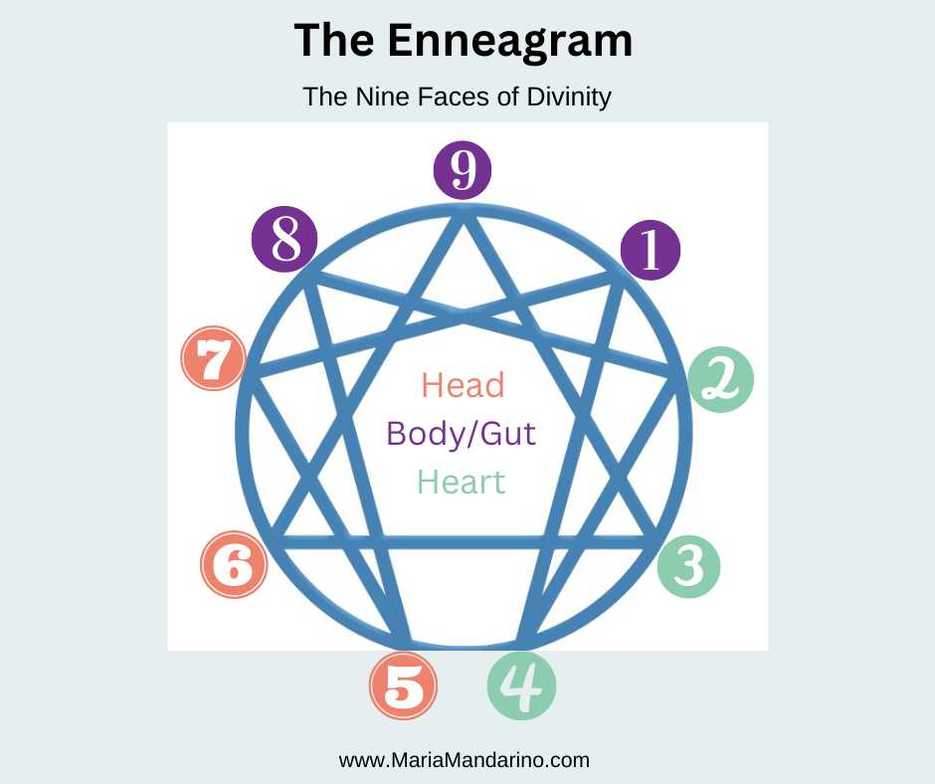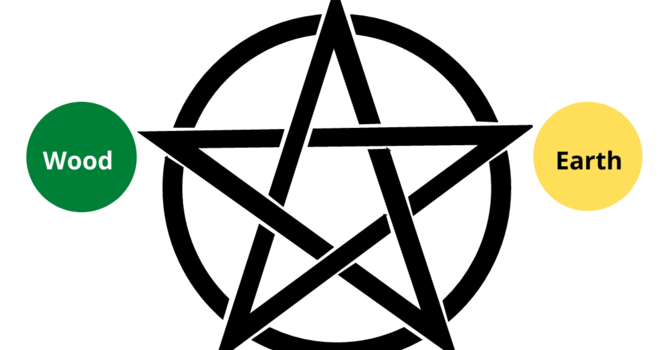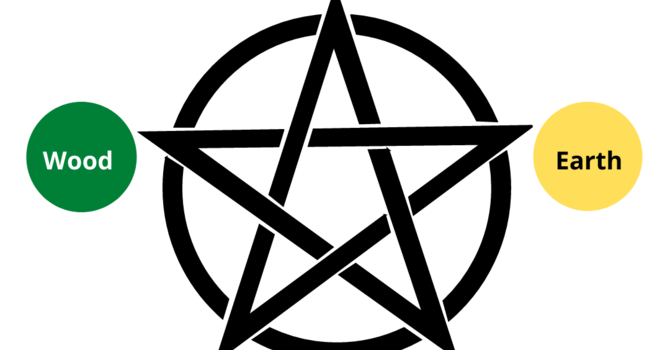
The defense mechanisms of our Enneagram type trap us in the habits and lower behaviors of our type structure, or our shadow. They keep us stuck in dysfunctional patterns and cause us emotional pain, separating us from our essence and our higher wisdom.
Exploring our defense mechanisms can be unsettling, but the exploration is also enormously revealing because these long standing patterns have become part of a false construct. We develop these defense mechanisms early on because we believe they will keep us safe. As a result, facing them can be quite uncomfortable.
Enneagram Type 1, The Reformer, uses reaction formation as their defense mechanism. Reaction formation is feeling one thing, but expressing something else. An example might be complimenting someone’s dress and then adding, “and that handbag is such an interesting choice" as a left-handed compliment.
The Defense Mechanism of Enneagram Type 2, or The Helper, is the repression of personal needs. This is because Type 2 wants to be appreciated for being helpful and doesn’t want to appear as being needy. Their journey is to express their needs.
Type 3’s defense mechanism is identification. Also known as The Performer or The Actor, Type 3 strives to appear successful. Image is everything to them, avoiding failure at all costs. Type 3’s path is to learn they are loved simply for who they are, and not for what they have achieved.
Enneagram Type 4, also called The Romantic, uses the defense mechanism of introjection to overcome feelings of inadequacy by idealizing a relationship or an experience. This leads to self-blame when things go wrong in that relationship or experience. As a result, Type 4 is left feeling unworthy or deficient.
The defense mechanism of Enneagram Type 5, the Observer, is isolation. They do not want to be perceived as incompetent and seek to be regarded as knowledgeable. They are purveyors of information, loathe intrusion, and guard their privacy.
The defense mechanism of Enneagram Type 6, or the Loyal Skeptic, is projection -- attributing to others what they find hard to accept in themselves. This allays Type 6’s fears and distrust of others. Type 6 strives to avoid rejection and wishes to be seen as loyal.
The defense mechanism of Type 7, or the Epicure, is rationalization. Type 7s avoid suffering and want to be seen as being okay. Rationalization helps them keep painful feelings away. They are described as the fun Enneagram type and seek pleasurable experiences to avoid facing unpleasant emotions. They dislike limitations on their freedom or restrictions of any kind.
The defense mechanism of Enneagram Type 8, or the Leader, is denial. Type 8 will avoid being vulnerable and instead they set out to prove they are strong. This can make them seem overbearing and intense. Balanced Type 8s make brilliant leaders with fantastic instincts.
The defense mechanism of Type 9, or The Peacemaker, is narcotization. Enneagram Type9 uses narcotization to avoid conflict. They are the easy-going souls who will yield to the wishes of the group. They are said to "go along to get along." By appeasing others and avoiding conflict, they aspire to be seen as peaceful and harmonious. However, in this quest to keep the peace, they become self-forgetting, create a silent war within themselves, and are often deeply angry under their peaceful facade.
This chart summarizes the defense mechanisms of the nine Enneagram types.
TYPE DEFENSE MECHANISM EXPERIENCE AVOIDED SELF IMAGE MAINTAINED
Type 1 Reaction formation Being wrong Being right
Type 2 Repression of personal needs Addressing their own needs Being helpful
Type 3 Identification Being perceived as a failure Being successful
Type 4 Introjection Being seen as ordinary Being authentic
Type 5 Isolation Being seen as incompetent Being knowledgeable
Type 6 Projection Being rejected Being loyal
Type 7 Rationalization Experiencing suffering Being okay
Type 8 Denial Being vulnerable or weak Being strong
Type 9 Narcotization Conflict Being harmonious and peaceful
In order to lose our defense mechanisms, we must face the feelings we’ve tried to avoid. It is then that the layers of falsity can be peeled away. When this happens, our True Self emerges and we come to understand and embrace the perfect soul we came here to be, so we can live the life we came here to live.
In the Enneagram, awareness is the key to growth and change. But first you must know your Enneagram type. Working with a trained Enneagram Practitioner is an important part of that process. Once you are correctly typed, we can explore your defense mechanism, and redirect your efforts toward the higher side of your type -- the person you are at the deepest level.
If you would like to know more about the Enneagram and explore your Enneagram type, reach out to me at 623-262-7222 or contact me through the website and I’d be happy to answer your questions.

Maria Mandarino
Contact Me



